 History tells us that Thomas Edison experienced close to 10,000 failures, yet he never thought of himself as a failure. He relished each attempt as an opportunity to learn from his outcomes and apply that new learning going forward.
History tells us that Thomas Edison experienced close to 10,000 failures, yet he never thought of himself as a failure. He relished each attempt as an opportunity to learn from his outcomes and apply that new learning going forward.
Edison is the poster child for persistence. He has been quoted as saying, “Many of life’s failures are people who did not realize how close they were to success when they gave up.”
Failure is often used as an excuse or reason to give up easily or not to pursue a goal. Our ability to effectively respond to setbacks demonstrates that we possess persistence and commitment to long-term success. I don’t know about you, but when I have a major setback or problem that arises, it often feels like getting punched in the solar plexus: it’s hard not to be temporarily stunned. This is when the self-limiting questions start… Why me? Why now? And then, self-pity kicks in: woe is me; it’s not fair!
First of all, we need to accept that failure happens. The most successful people in life have all failed. When faced with a setback, resiliency and the ability to bounce back quickly are crucial to long-term success. We need to understand and expect that things will not go as planned in our lives and in our careers—most certainly, we will all have issues, problems, and setbacks on the way to success.
Avoid quitting at the first sign of difficulty. Anything worth doing or achieving is going to involve hurdles and difficulties. If you don’t succeed at first, try it again and again. If you don’t get the sale or outcome you are looking for, don’t take the first few rejections to mean that it’s never going to happen. This is a self-limiting belief, and, assuming that your strategy or goal is right, it could be that you are not trying enough times. All too often, we quit right before our breakthrough happens. Legendary speaker Les Brown says, “It’s not over until you win!” That hunger must drive you past your naysayers, challenges, negative thoughts, and—most important—your setbacks!
If you’ve already tried to persist at length with your original strategy but find your desired outcomes are eluding you, examine the underlying causes that might be leading you to failure. “Insanity is doing the same thing over and over again but expecting different results.” (attributed to Albert Einstein)
You may need to tweak your approach. Perhaps your sales pitch needs refining, or maybe your account strategy needs adjusting. Are you asking your customers the right questions? Stop and assess the things you’re doing to reach your goal; it is often not the goal at fault but the methodology being employed. Also, don’t be afraid of constructive criticism regarding how to improve––seek out your peers, mentors, and managers. Give yourself an honest assessment of your methods and strategies.
Finally, constantly visualize the end result in your mind. We need to mentally prepare ourselves for when the tough times arrive, because, trust me, they will! Any goal worth achieving should be challenging and should be hard! When the going gets tough and you just want to give up, restore your sense of purpose by remembering your vision and your goal. Visualize the end results you want to achieve, making sure you envision yourself claiming that success. You deserve your vision’s materialization, so keep reminding yourself of that as you put in the effort toward your goal.
Let’s live a life with no regrets. One of my favorite authors, Jim Rohn, puts it perfectly: “The worst thing one can do is not to try, to be aware of what one wants and not give in to it, to spend years in silent hurt wondering if something could have materialized – never knowing.”










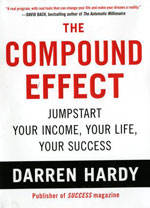

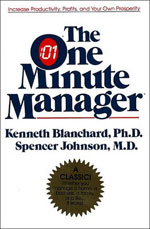
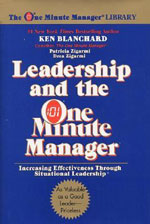
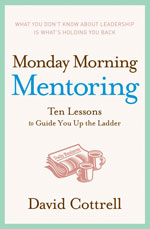
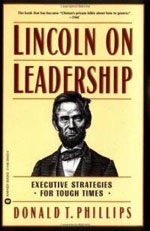
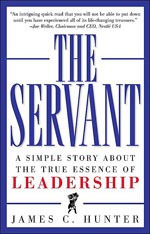
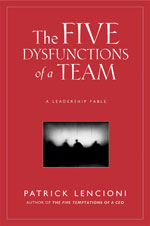
Another take on Edison’s attitude towards failures – Learn to love your failures and everything they can teach you. Both failure and success have a lot to teach us, however it can be hard to listen and learn from failure, depending on our attitude towards it.
Thanks Lisa! You make a great point! Best, Sean
Pingback: Persistence, Part 6: Resolve in advance to act